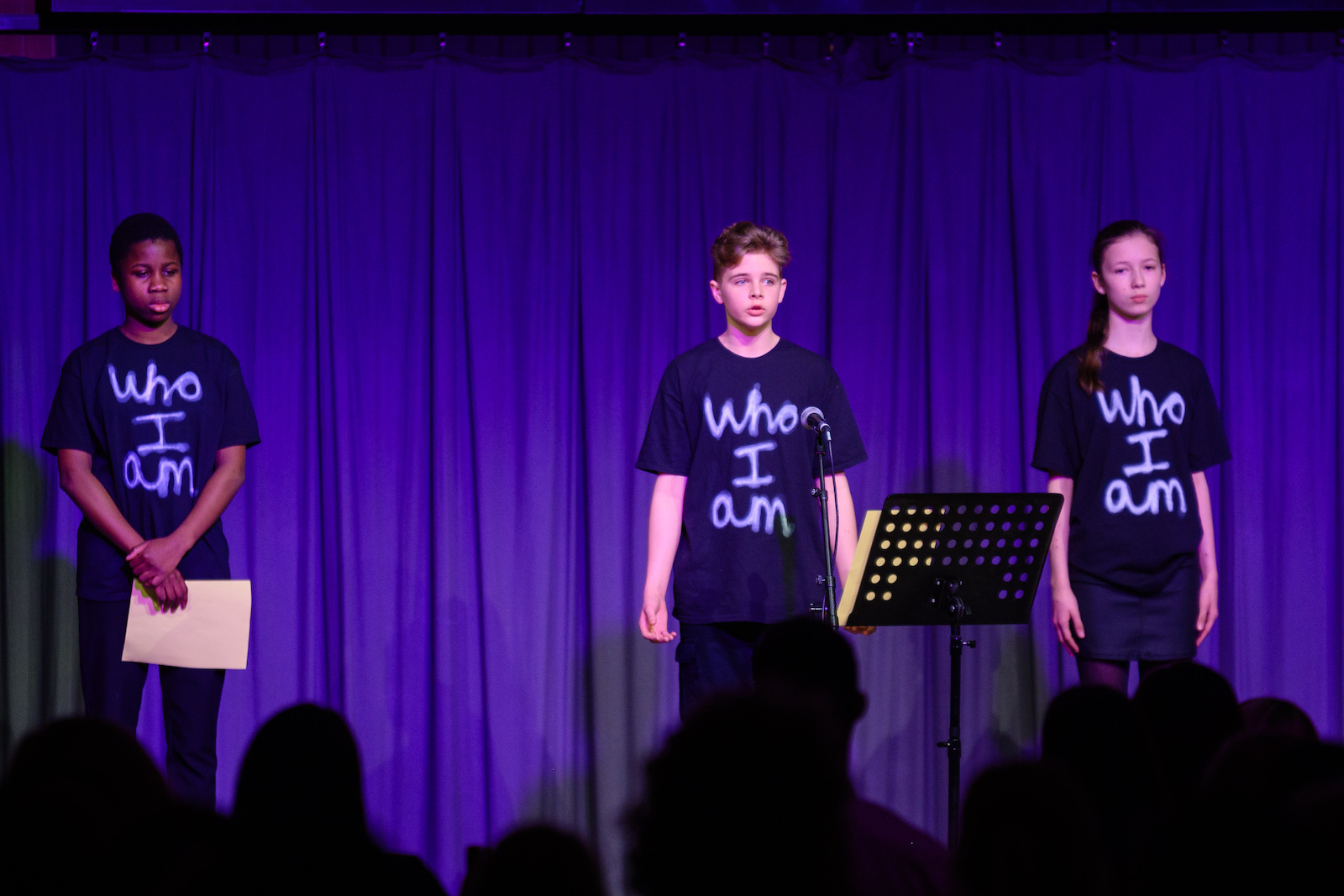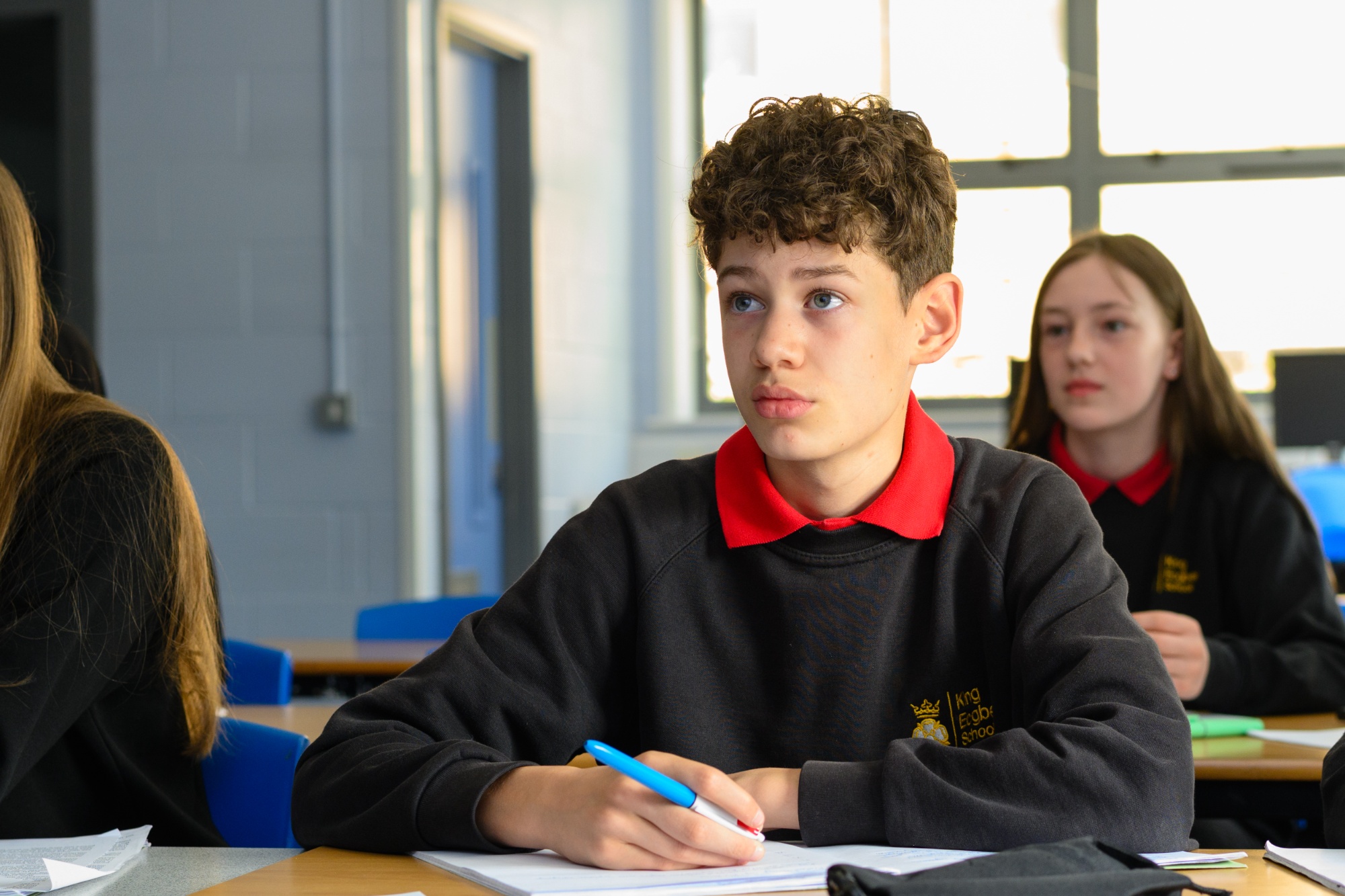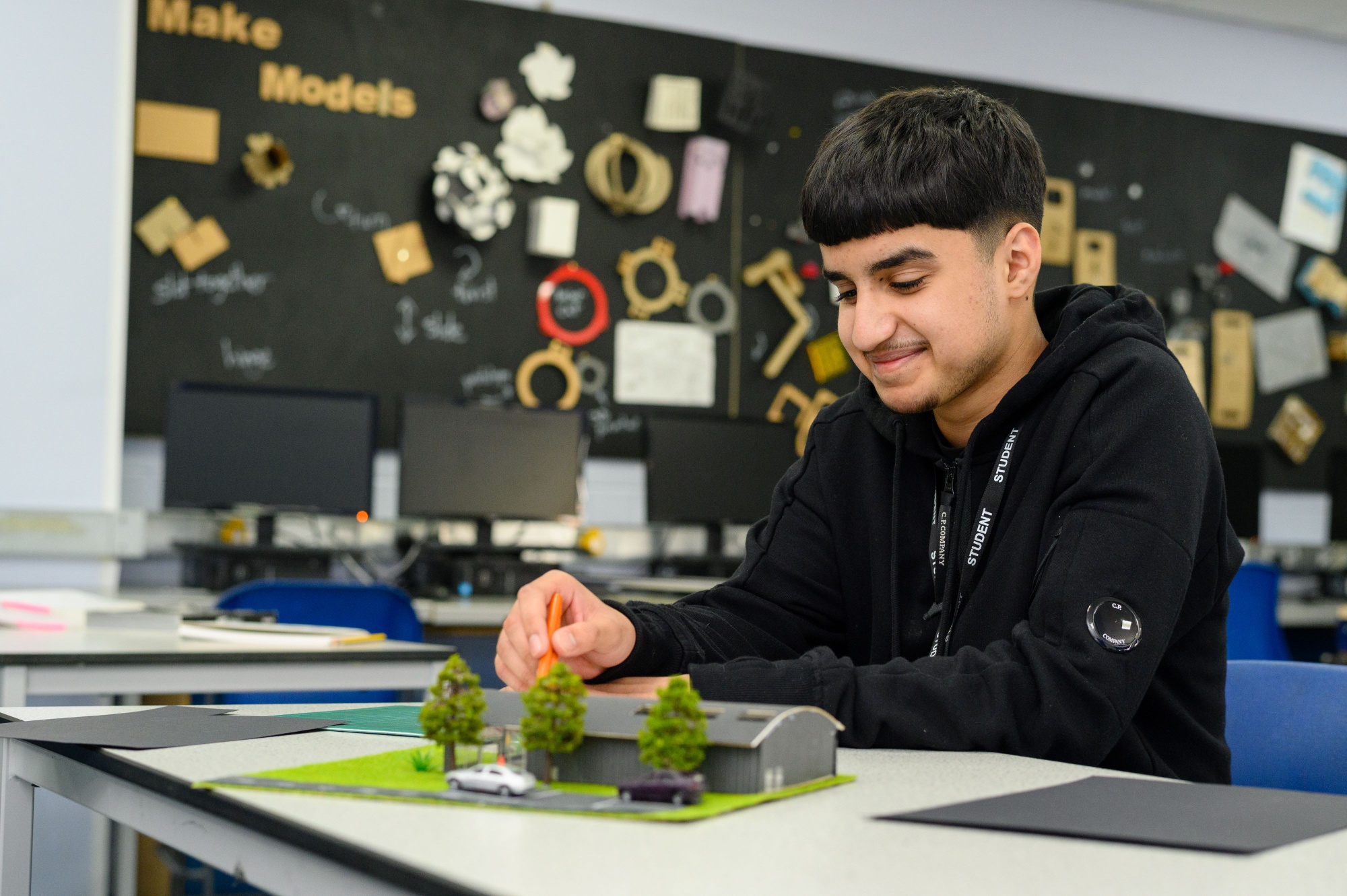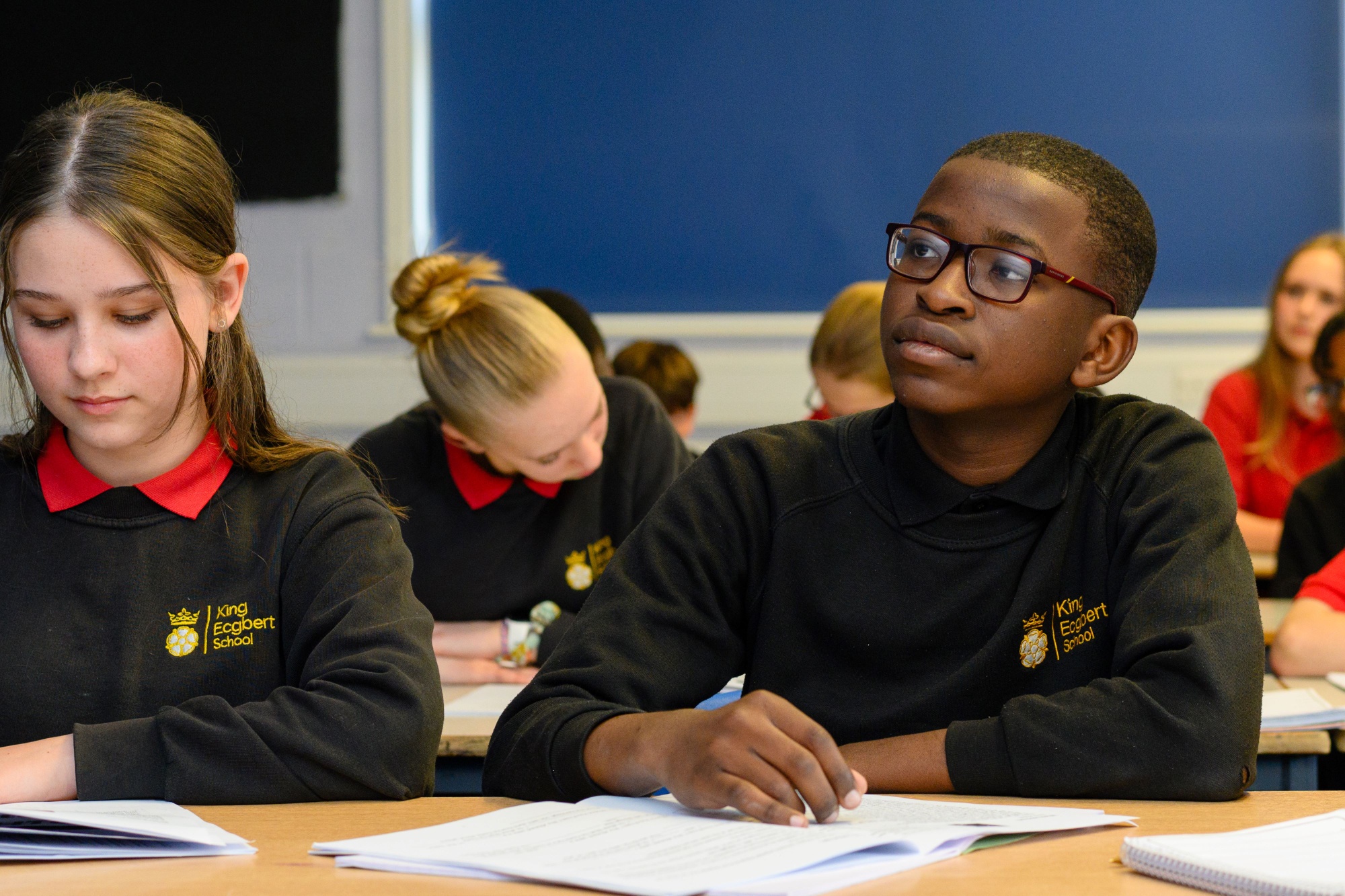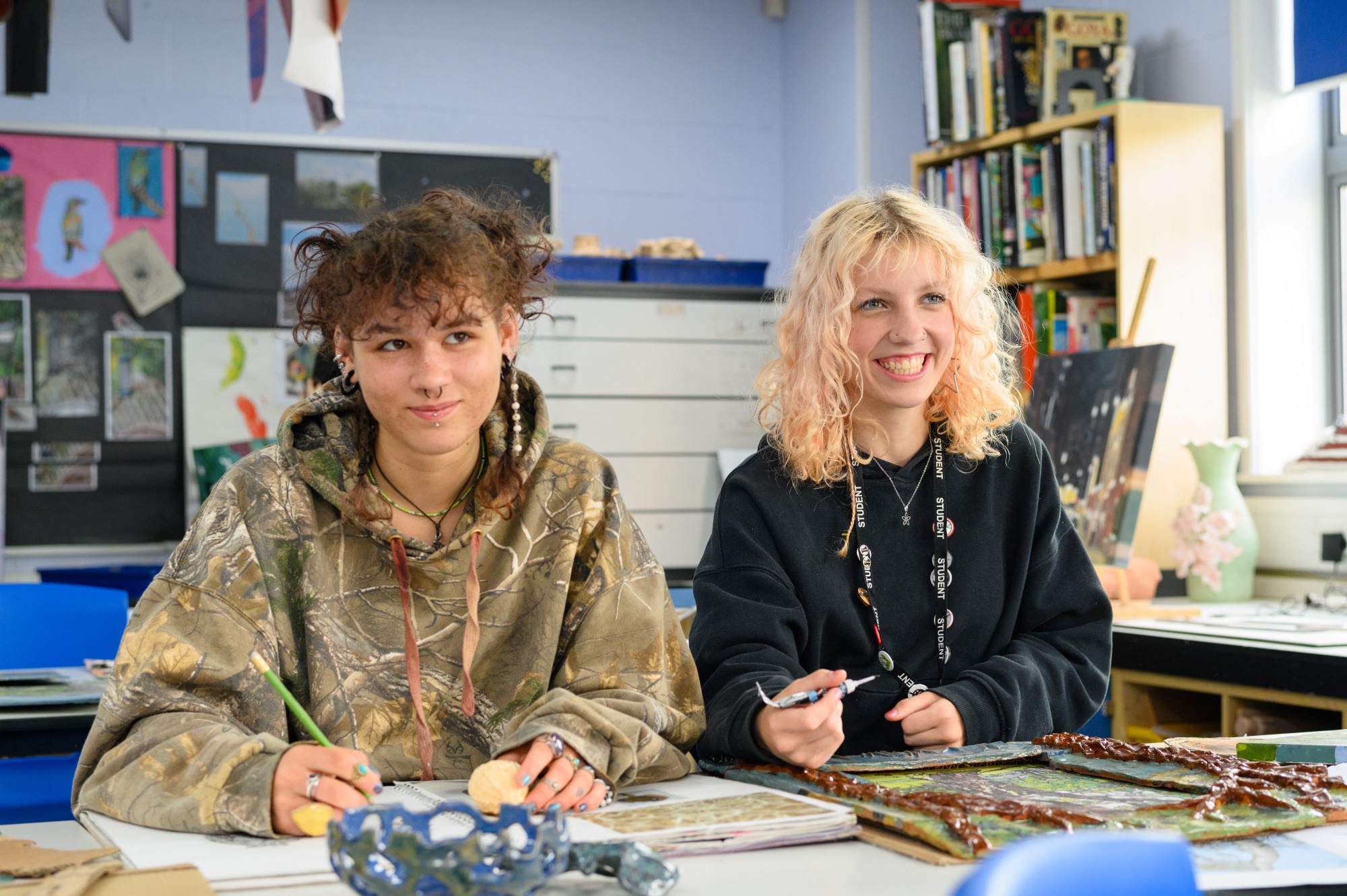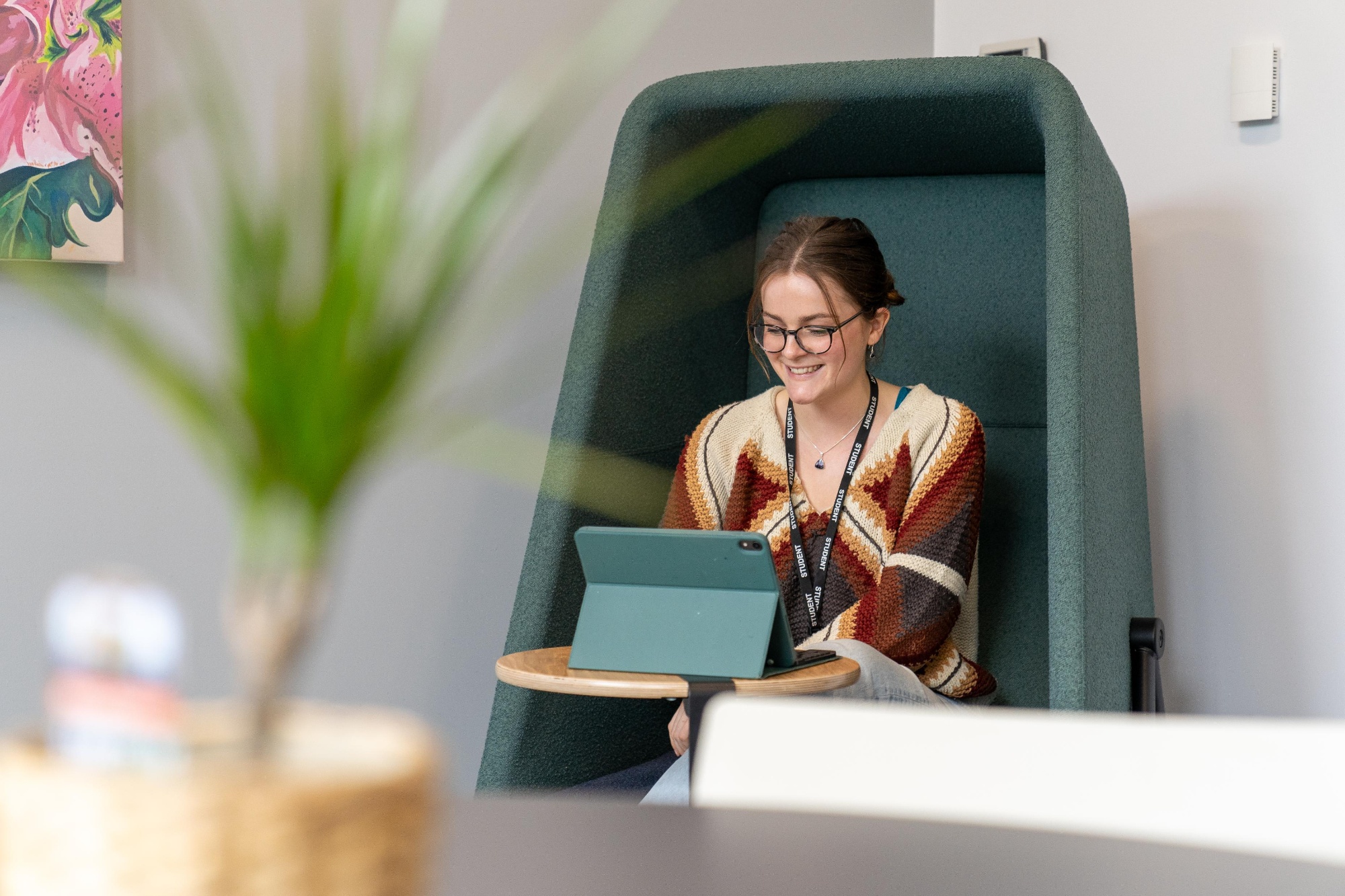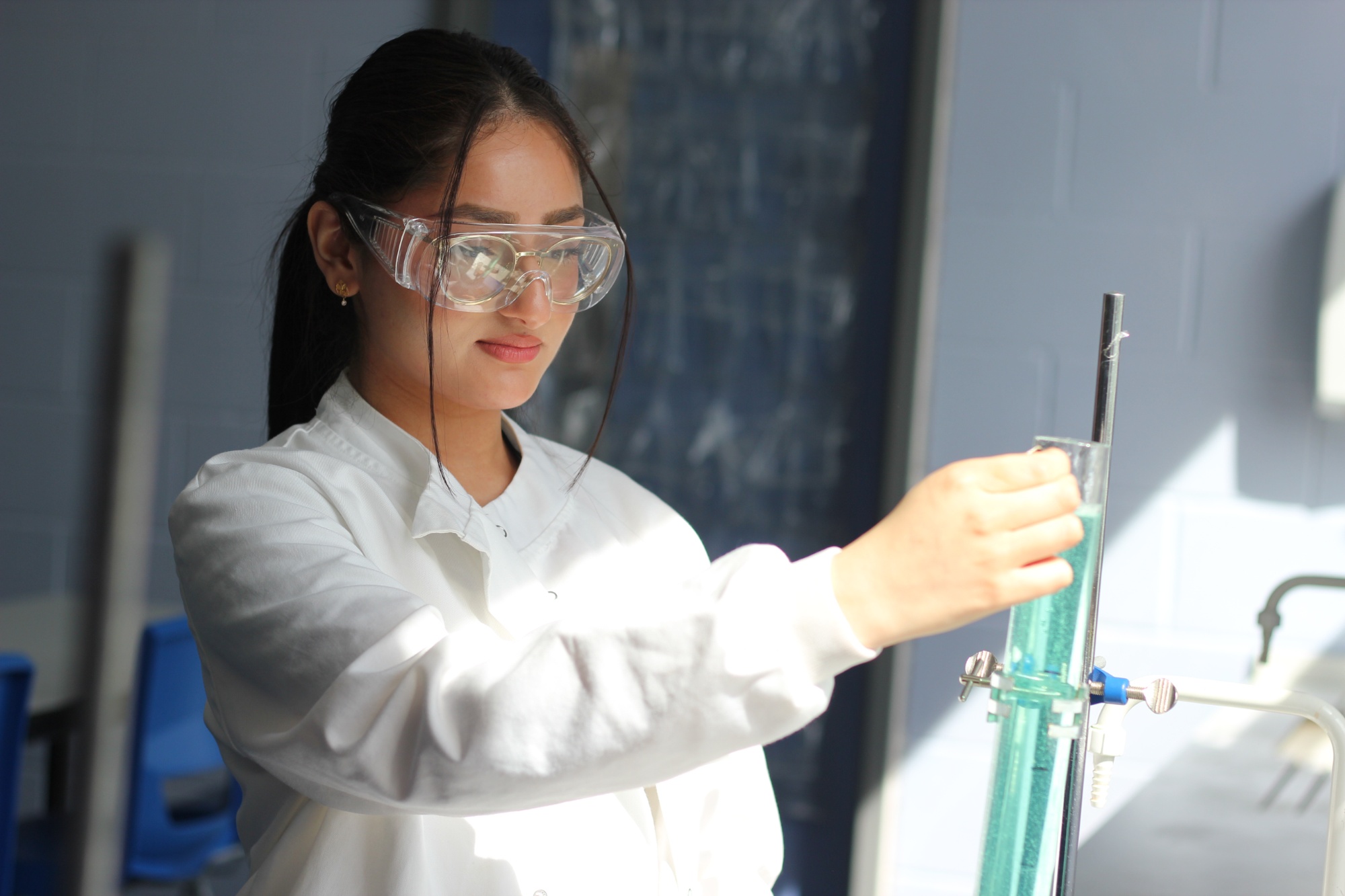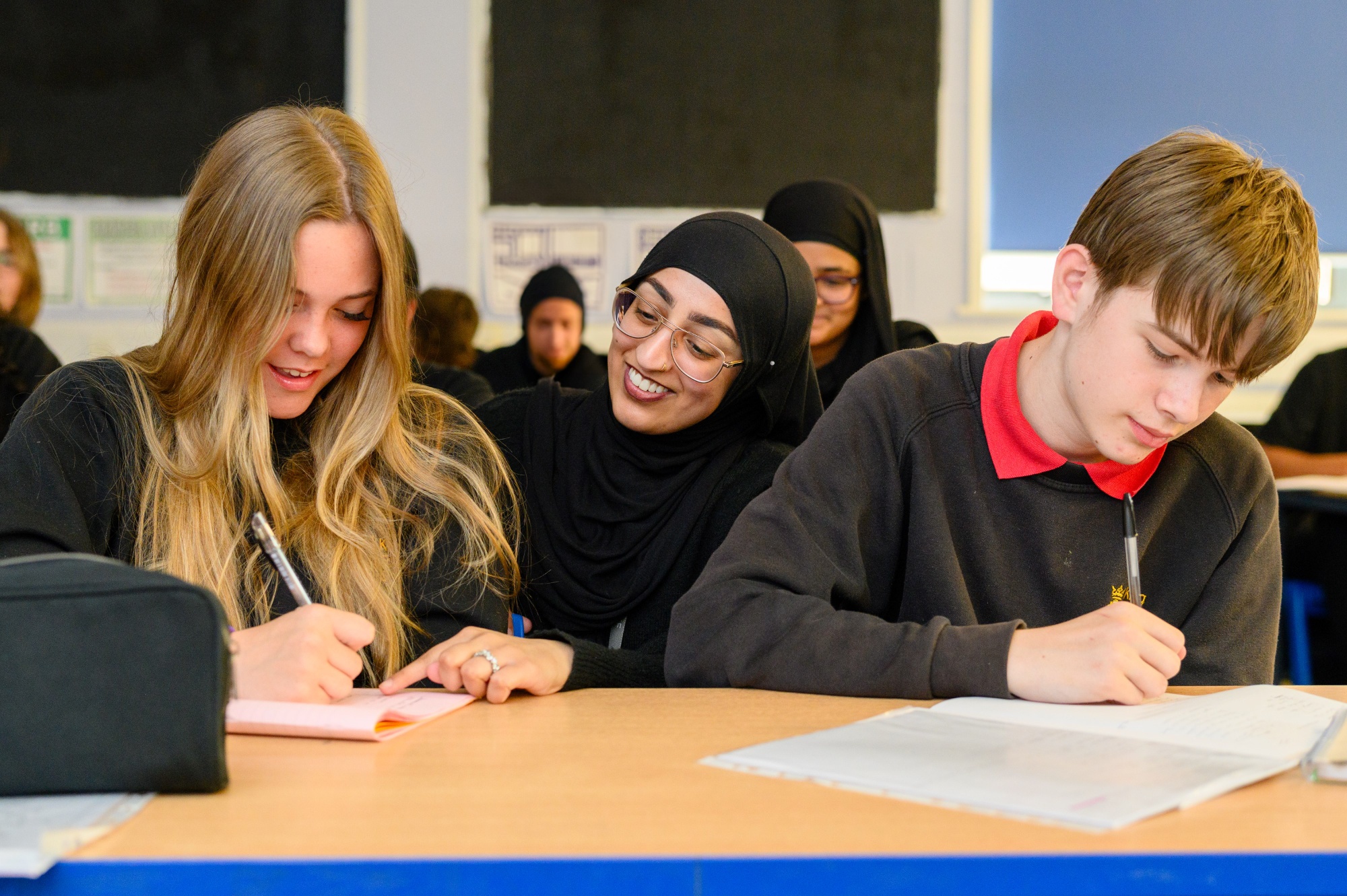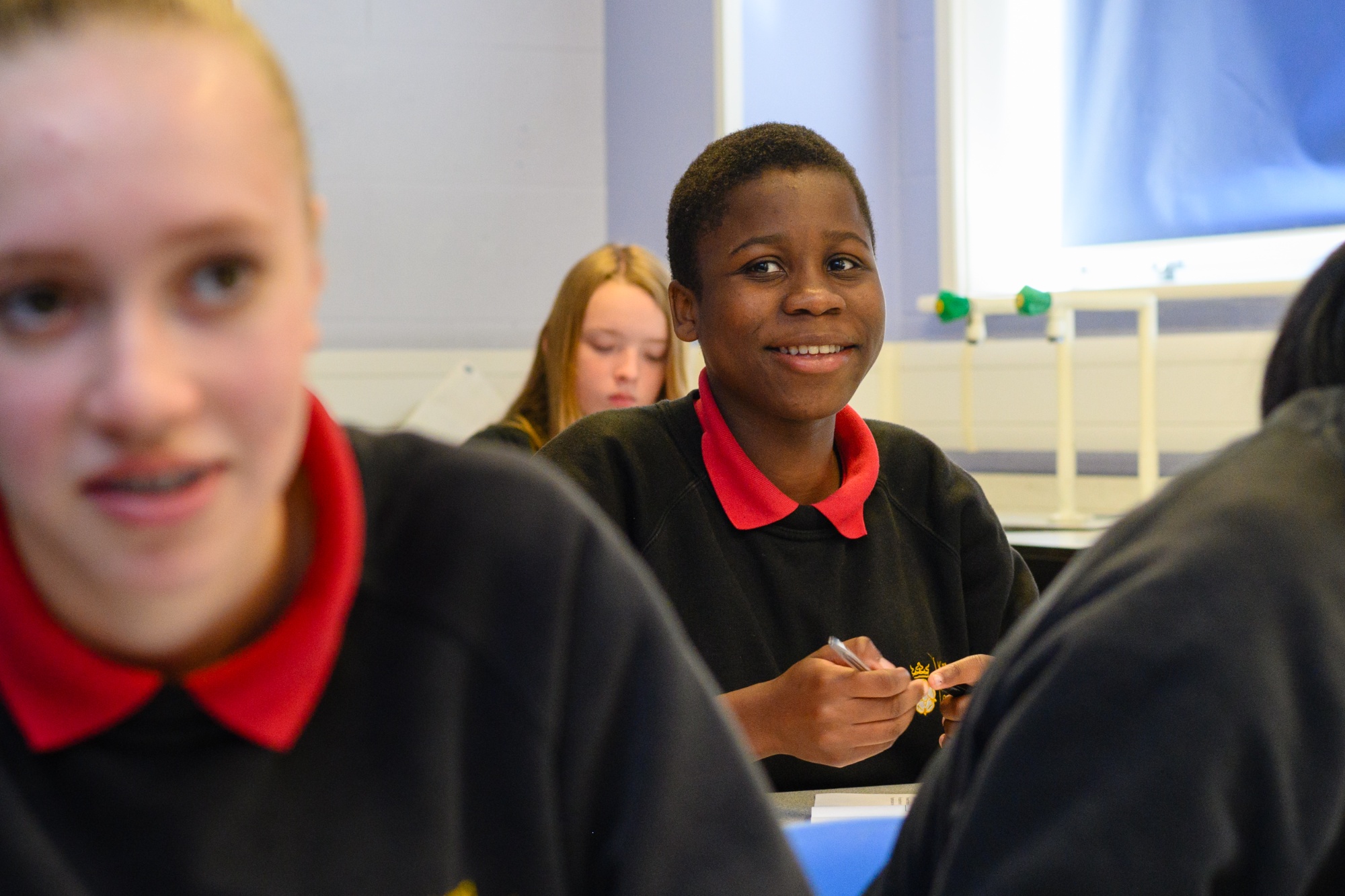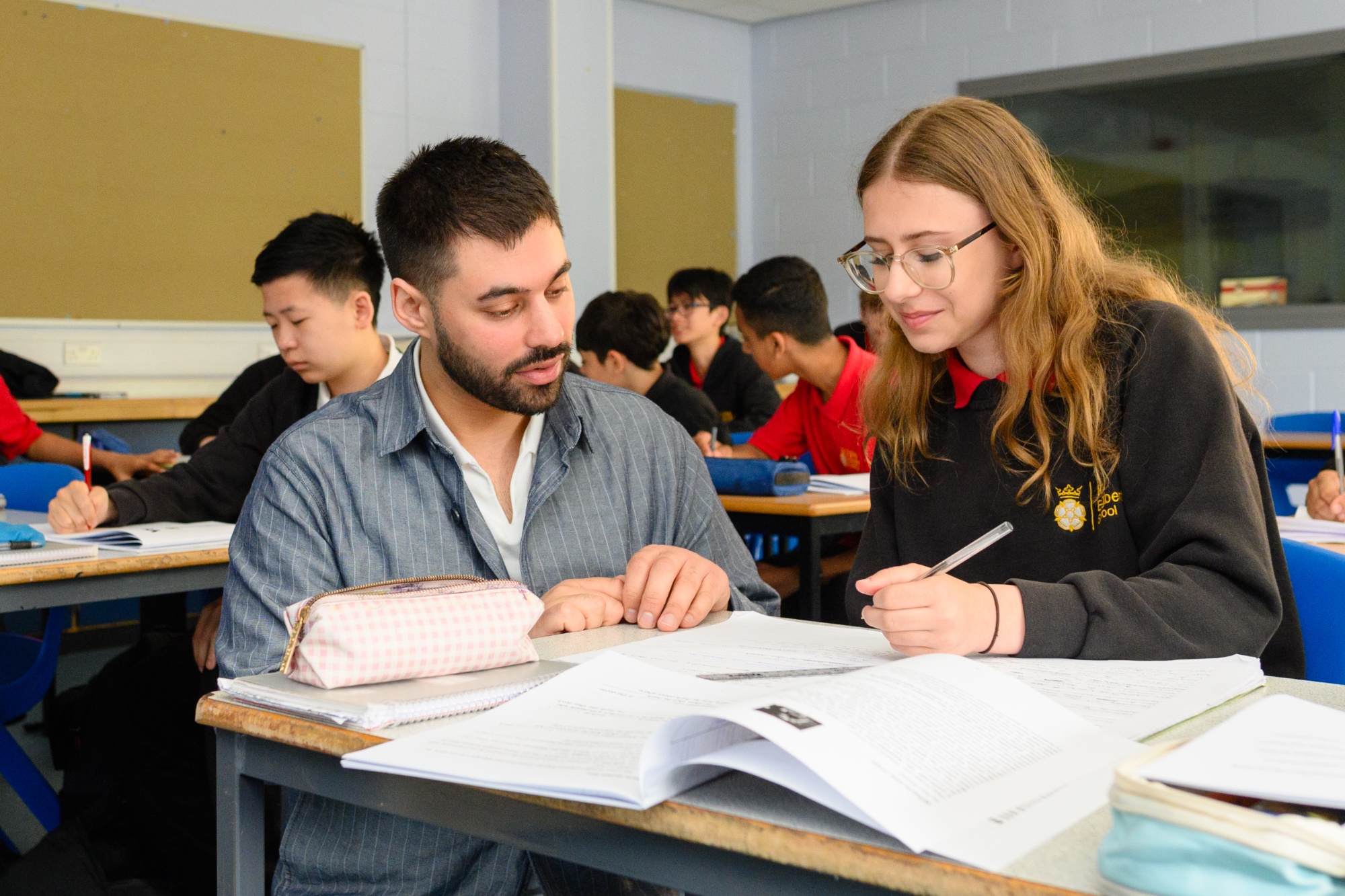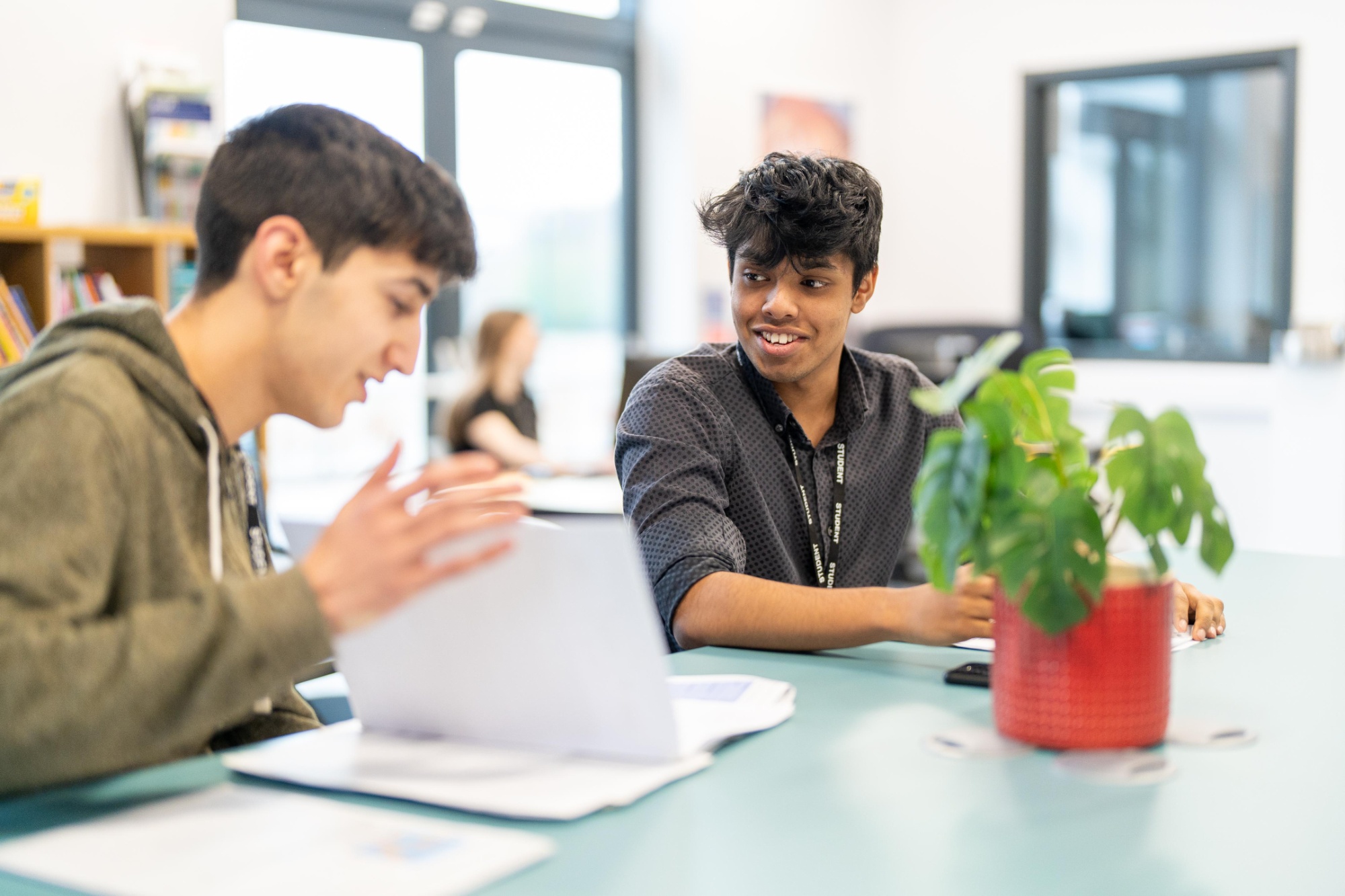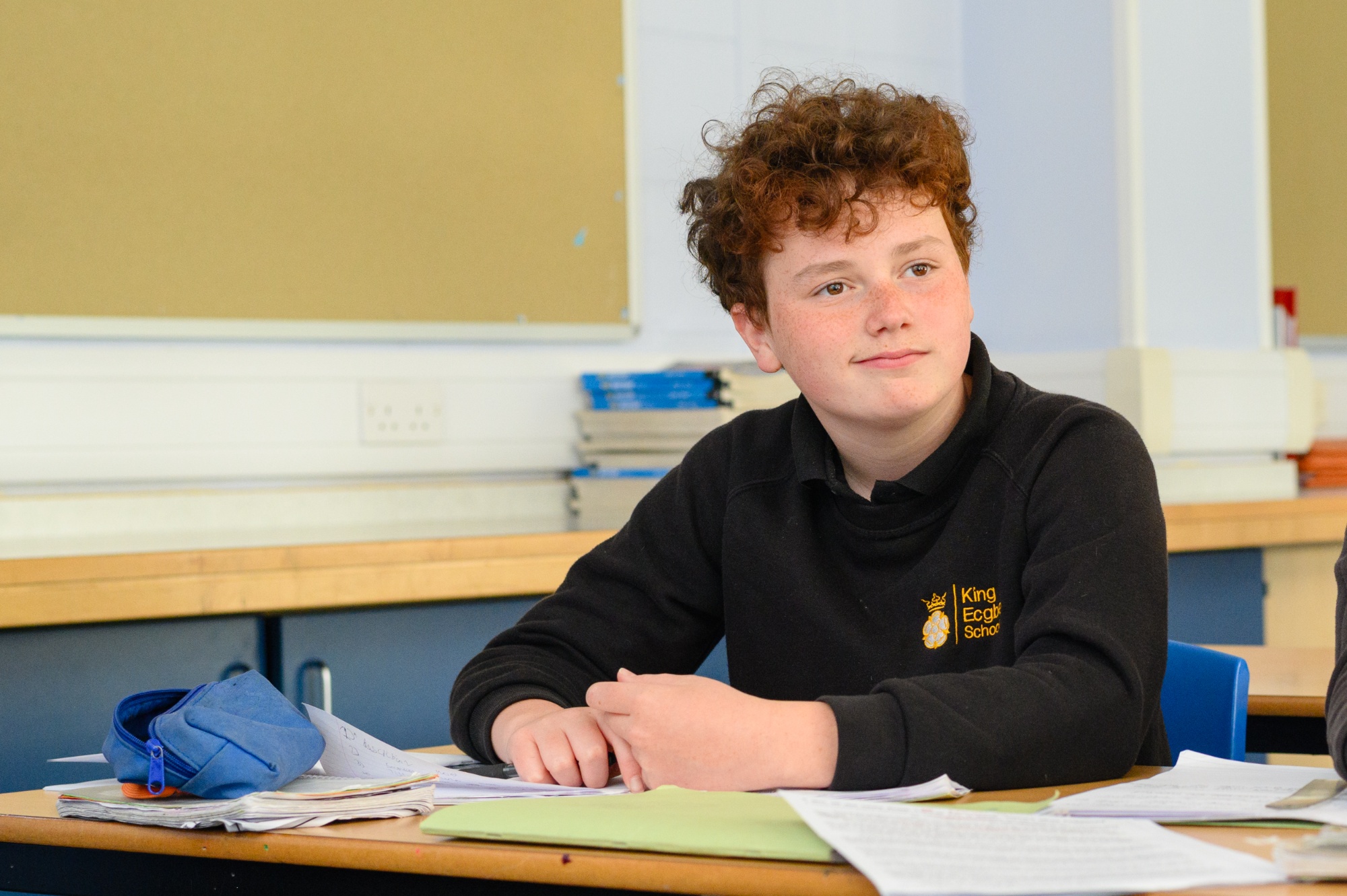SEND
King Ecgbert School is committed to ensuring all students have access to a broad and balanced curriculum whatever their gender, ethnicity, religion, sexual orientation, needs or abilities. All King Ecgbert teachers are teachers of SEND and have responsibility for planning the curriculum to ensure it is accessible to all. The varying needs of students will be addressed through personalised learning and through appropriate differentiation wherever possible.
Additional provision is provided to ensure students have the necessary skills to access the curriculum independently wherever possible. Our school ethos and curriculum guide commit to making our school, its facilities, and its curriculum, inclusive and accessible for all.
SENCO - Hannah Liddell
- For more information refer to the SEND Information below
- For more information on the LA Sheffield's Local Offer please click here
You can view out SEND policies here.
FAQs
Where do I go if I am always on my own at break or dinner?
We would love to see you in A14! We have a room that is staffed at break and dinner and students come to A14 when they want a safe environment to socialise. It might not always be quiet, but students love our family feel. They can play board games, computer games or do their homework with support if needed. Students can eat their snacks and dinner in A14 (no hot food unfortunately) and new friendships are often formed in here across the year groups. Access to A14 is by invite only and this is identified by your Primary School and the SEN dept.
I’m worried about getting school dinners
The dining hall can seem like a large, scary place but it is really a warm and welcoming environment for everyone. Staff on duty in the dining hall will help you get your cutlery and tray and help you through the till. The ladies in the kitchen are very friendly and will help you with your food choices if you would like them to. There are also senior members of staff on duty in the dining room if you need to ask them any questions.
I’m worried about getting lost and being in trouble for being late
For the first few weeks, all new students worry about getting lost around school. This is not something to worry about and within the first couple of weeks you will know where to go for every lesson. Teachers understand that students get lost when they first start, so you will not get into trouble.
I’m worried how hard the learning will be
It is common to worry that the lessons at King Ecgbert School might be harder than those you did at Primary School. Your teachers will make sure that all students can do the work. If extra support might need to be put in place, then a Curriculum Intervention Assistant (CIA) or a Learning Support Assistant (LSA) might support in the lesson for a period of time until everyone understands the work.
I am worried about completing homework and not being able to ask a teacher for help
Homework can be a big worry for students and parents, but we have a good system in school to help support you. Firstly, you don’t have to write down your homework – at King Ecgbert we use Edulink where all your teachers type up the homework and attach any documents you may need to do it. You can access Edulink on a computer, but there is also an app that you and your parents can download and log into. If we think you might benefit from a bit more support (and focus) for your homework, we also run a homework club, and we will send a letter to your parents inviting you.
How will my child be supported by teachers?
All our staff at King Ecgbert School think very carefully about the needs of every child in school. Teachers also receive training every year and some of this training will always be linked to the best ways we can support our students in lessons.
Where needed, a student with SEND will have a Pupil Passport. This document outlines the key areas of need and lists strategies that can be used by teaching staff to provide effective support.
To find out more about how you can support your child at home, visit:
Dyslexia https://www.bdadyslexia.org.uk/advice/children/how-can-i-support-my-child
ADHD https://www.nhs.uk/conditions/attention-deficit-hyperactivity-disorder-adhd/living-with/
ANXIETY https://www.nhs.uk/mental-health/children-and-young-adults/advice-for-parents/anxiety-in-children/
SPEECH AND LANGUAGE https://speechandlanguage.org.uk/information-and-support/
AUTISM https://www.nhs.uk/conditions/autism/autism-and-everyday-life/help-for-families/
Can my child use technology in class to help them?
We are very lucky at King Ecgbert School to have laptops in the SEN department that allow students to record long pieces of work, to complete extended pieces of writing or to do assessments on. These students are identified by the SEN department and subject teachers, and the use of a laptops is seen as being a more effective and efficient way of working.
Sometimes students would like to work on a laptop, but the teachers believe writing is quicker. We always find a way to suit the demands of the lesson and the student's preferred recording style.
In addition to this, subject teachers can trial students using a department laptop to see if this is a better way of working.
What interventions do you have in place to support students?
We run many targeted interventions here at King Ecgbert School. Interventions that have been run in the past include:
Lego Therapy
The purpose of Lego Therapy is to help students to develop their social and interaction skills through a highly structured small group activity. This involves working together as a team and taking on different roles to construct Lego models following clear diagrams. The students will develop their communication and fine motor skills. The sessions also encourage students to practice turn taking, sharing and joint problem-solving.
FRIENDS
This is based on Cognitive Behaviour Therapy and promotes positive mental health. Students are identified by school and specialists.
Zones of Regulation
The Zones of Regulation aims to teach students to self-regulate their emotions and impulses in order to meet the demands of the environment. It provides strategies to teach students to become more aware of and independent in controlling their emotions and impulses, manage their sensory needs, and improve their ability to problem-solve conflicts, therefore allowing them to be successful academically and socially
Speech and Language
This is a narrative skills programme for selected students. The aim of this programme is to create an environment where students can practise verbal narrative (story telling) skills, by using modelling and visual support. Some of the areas the programme sets out to target are: improve listening and turn-taking skills; to improve expressive narrative skills; to improve understanding and use of vocabulary; to improve understanding and use of emotional vocabulary.
Comic Strip Conversations
These strategies are used to teach social understanding. A Comic Strip Conversation can be used to clarify a misunderstanding – it can show what was said and thought by the student and can also show the thoughts of others
Dyslexia Intervention
Dyslexia interventions may take the form of short-term, small group interventions with a Higher Learning Teaching Assistant to work on specific identified areas of need.
What does a Curriculum Intervention Assistant (CIA)/ Learning Support Assistant (LSA) do to support in class?
King Ecgbert School will always prioritize keeping students in the classroom where they can access the subject expertise of the teacher. Our CIA/LSA staff are key to ensuring that our SEND students can access those lessons and are able to make good progress.
The class teacher is responsible for the progress of all the students in the class and will deploy the CIA/LSA to support their students. This could involve working with groups or individual students.
CIA/LSA might also be assigned to deliver a planned programme of intervention with a group of students who are withdrawn from the lesson for a fixed period. The aims of these interventions are to:
- Support progress academically
- Support students to develop their resilience and independence, so they can return to mainstream lessons and make better progress under quality first teaching.
I’m concerned that my child has been moved from SEN Support (K) to Monitoring (M) on the SEN register
Many students are moved from K (SEN support) to M (Monitoring) on the SEN register due to the fantastic progress they make. Due to being an M on the register your child, will still be flagged up to staff as having an additional need and staff are made aware of this. We want to reassure you that although they may come off the formal list, they will still have access to support offered such as extra time in assessments. Students are also formally tested in Year 10 for exam concessions. If at any point we feel that your child is not continuing to make progress, we can put them back on the register.
We also communicate clearly with teachers via Edulink about the areas of need or challenge our students have, irrespective of whether they are a K or M on the register.
What specialist services and expertise are available at school?
All Learning Support Assistants and Curriculum Intervention Assistants receive regular Continuing Professional Development training and coaching for specific SEND areas.
The school brings in additional expertise from outside agencies, including:
- Autism Team
- Educational Psychology
- Occupational Therapy
- Speech and Language Therapy
- Hearing Impairment Team
- Visual Impairment Team
- Specialist Nurse in ADHD
- Acquired Brain Injury Specialists
- Epilepsy Support
- Wellbeing Practitioner from CAMHS
- MAST


